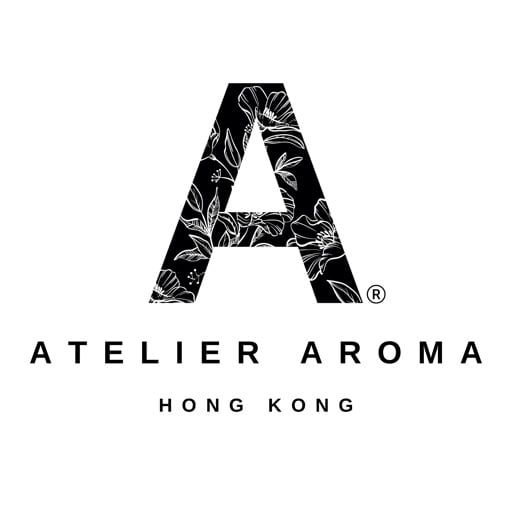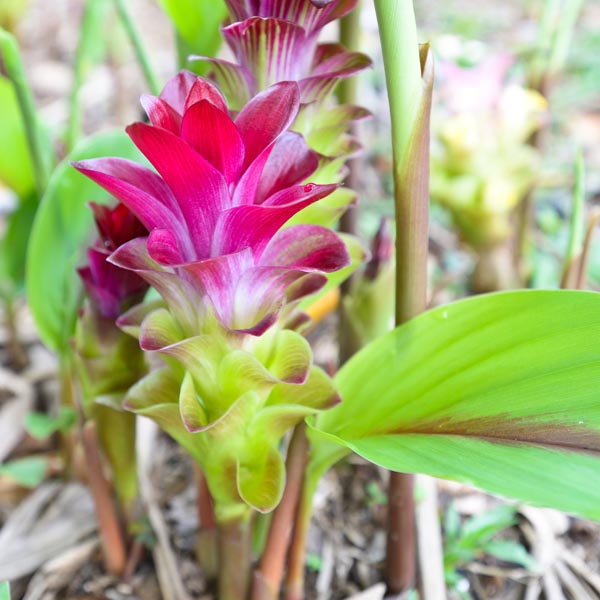Original information from Kobashi Official Website:
Curcuma Zedoaria aka Zedoary, White Turmeric and Nar Kachur in Hindi, E Zhu in Chinese, is a member of the Zingerberaceae family that has more in common with ginger than yellow turmeric (Curcuma longa). The perennial herb is native to South Asia, favouring tropical and subtropical wetlands. The rhizomes are wild crafted in West Bengal, then dried and steam distilled. The resulting essential oil is light yellow to ochre in colour. The aroma is spicy and woody with refreshing eucalyptol and camphor notes. With an affinity with the digestive system, its aroma may help to alleviate nausea and indigestion. Its warming anti-inflammatory effects can be useful in aiding tired muscles and joints and the stimulating properties of this essential oil may help promote healthy hair growth.
LATIN NAME: Curcuma zedoaria
SOURCE: Steam distilled from the dried rhizomes
COLOUR: Mid brown to ochre
ORIGIN: West Bengal, India
AROMA: Spicy, warming, woody with refreshing eucalyptol and camphor notes.
QUALITIES:
The rhizomes have anti-bacterial, anti-inflammatory, anti-fungal, analgesic, stimulant, and carminative properties, having been used in traditional medicine for thousands of years. In Ayurvedic medicine, Nar Kachur has been used for the treatment of respiratory issues, fever, skin diseases, parasitic infections, sprains, wounds and digestive disorders. The herb has been used as a substitute for Shati - Kapoor Kachri (Hedychium Spicatum) hence it is found interchangeably as Shati. In ancient literature only Shati was mentioned and Nar Kachur became seen in later text because of less availability of Shati.
Used in Traditional Chinese Medicine, Zedoaria is known as E Zhu and is affiliated with the liver and spleen. E Zhu strongly promotes blood and Qi circulation and dispels blood stasis; dissolves accumulations, eliminates food retention and relieves pain. It is the strongest herb in the pharmacopeia to eliminate food retention.













